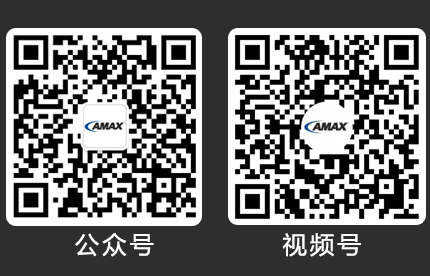5
EMS - Frequently Asked Questions
1)What types of equipment are there?
Equipment is divided into two categories: equipment and non-equipment, and non-equipment contains types of spare parts and consumables.
2)Why can't I select equipment data on the departmental loan, equipment maintenance, and equipment obsolescence pages when the equipment is already in inventory?
The Department Loan, Equipment Repair, and Equipment Obsolescence pages only show equipment that has been claimed.
3)Why can't I select the received spare parts on the departmental loan, equipment maintenance, and equipment obsolescence pages?
Spare parts do not have equipment numbers.
4)Is all incoming equipment a fixed asset?
Not all incoming equipment belongs to fixed assets, incoming equipment belongs to enterprise assets, but the incoming equipment will be judged whether the unit price of the equipment reaches the amount of incoming fixed assets, and reaches belongs to fixed assets.
5)Where is the amount of incoming funds maintained?
On the [Asset Type] page, different types of equipment can be maintained with the amount of fixed assets.
6)What is the difference between adding an inspection schedule, material type and equipment number?
When adding inspection plan, choose one of material type and equipment number, material type refers to a type of multiple equipment to be inspected, and equipment number refers to a specific equipment inspection.
7)Make an inspection plan, but there is no point inspection function on the web side, so where is the point inspection equipment and submit the point inspection results?
Mobile APP can point to check the equipment, in APP can point to check the equipment according to the inspection route, also can directly scan the code equipment number point to check the equipment, return the point to check the results to the web terminal.
8)What other functions does the mobile app have besides the ability to spot check equipment?
Inventory equipment, submit fault and defect repair, inspection task inquiry, report analysis, and information reminder.
9)How to generate device number, device QR code and barcode by scanning device number?
Generate QR codes and bar codes for devices online using the system's QR code function.
10)What are the effects of write-offs of end-of-life equipment?
The equipment will be de-recorded from the asset ledger, fixed assets, and inventory.


